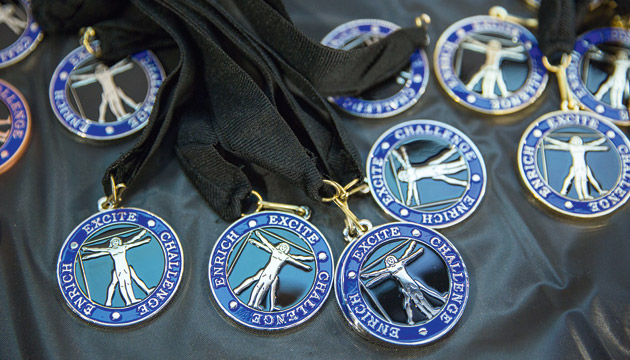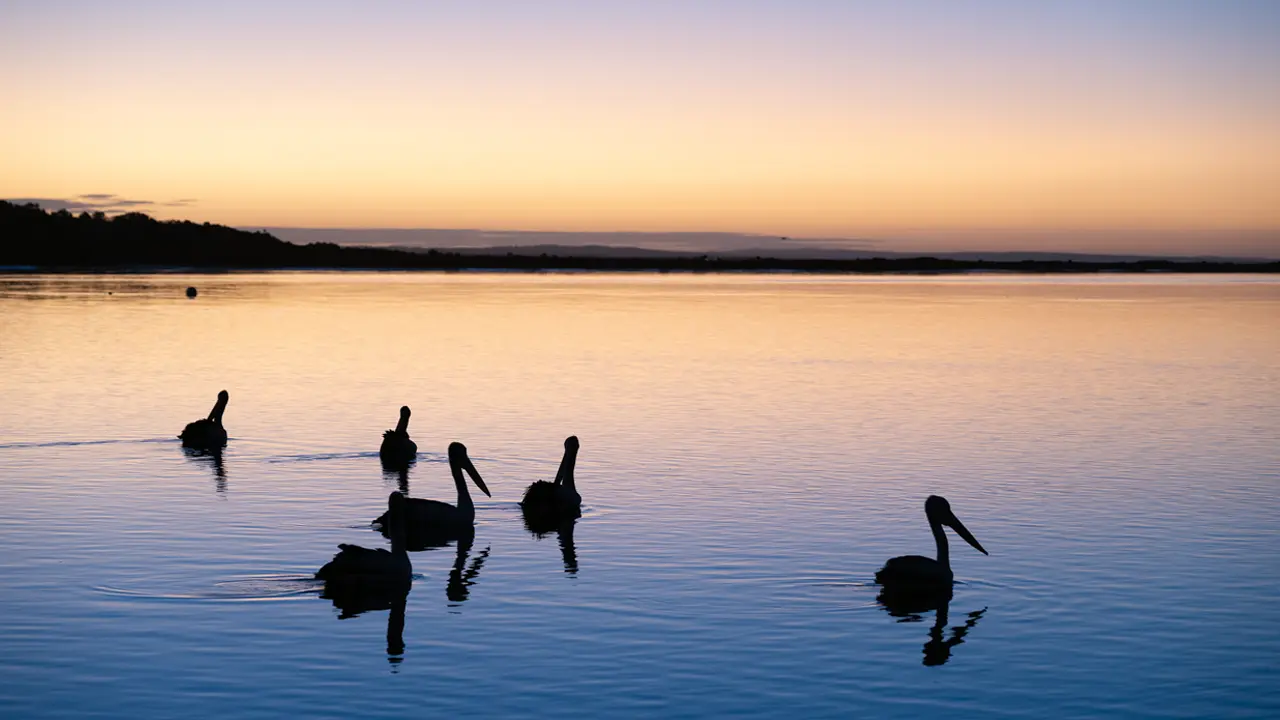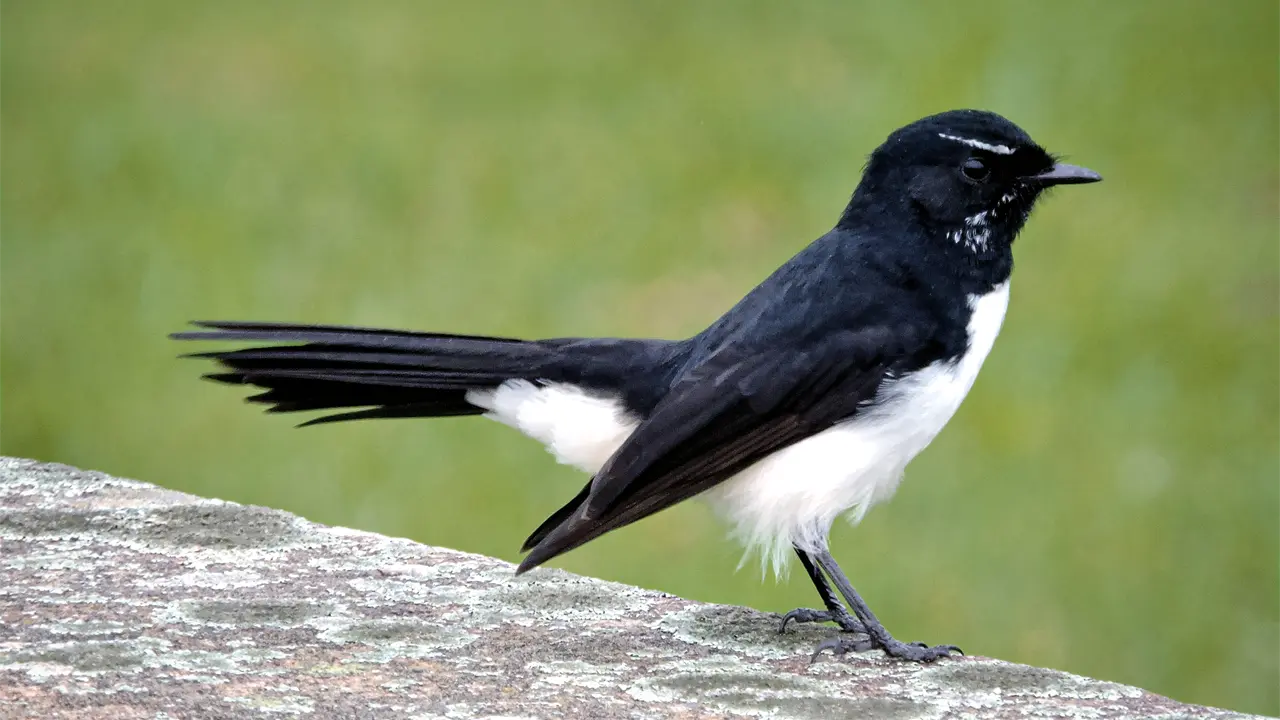A student competition designed at Knox Grammar School to test creativity, communication, collaboration and critical thinking is growing into a worldwide phenomenon.
Story Ken Eastwood
From Perth to the Gold Coast, Mt Carmel in Tasmania through to Armidale, and even from India to Scotland, more than 10,000 students will compete this year in the da Vinci Decathlon. Started by Knox Grammar School in Sydney 13 years ago, the competition gets teams of eight students, from years 5 to 10 to compete across 10 academic disciplines, including maths, science, engineering, poetry, art, code-breaking and ideation.
According to Karen Yager, Knox deputy head 7–12, who coordinates the decathlon across three age categories, the event is growing exponentially, with regional competitions across the country and an international version. “When I first took it on eight years ago there were 240 students competing across Australia. Now there are 10,000,” she says. “Even most of our regional competitions have 500 or 600 students now.”
Based around the extraordinary creative genius of Leonardo da Vinci – an inventor, engineer and artist – the competition tests students in collaboration, communication, creativity and critical thinking. But on top of that they also need to work as a team, prioritising a variety of goals within a tight deadline – maybe designing an artwork and writing a poem, while preparing a one-minute drama at the same time.
“A lot of it is applied thinking,” Karen says. “Our aim is to push those top-end kids to be agile and adaptive in the space of the unexpected.
“In one section the students get a real-world problem and the background material, and in 40 minutes they have to come up with a solution, the philosophy behind it, the ethics and how you would convince an audience to accept your idea.
“In one engineering scenario they had to build a sustainable house that could survive rising sea levels on a Pacific Island. They had to think of what materials they would use, how electricity could work in those circumstances, etc.
“It’s interesting to watch what the kids come up with,” Karen says, laughing as she remembers one Western Australian team’s solution to dealing with the problem of ageing in society. “They decided that everyone over the age of 60 should be put down,” she says.
This story excerpt is from Issue #119
Outback Magazine: June/July 2018










